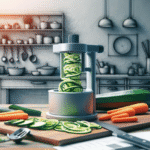Discover the Main Causes Behind Unpleasant Odours from Your Drains
Unpleasant odours emanating from drains typically arise from the accumulation of trapped food particles, soap scum, and other organic materials within the pipes. Additional factors contributing to these odours could be a dry or malfunctioning water trap, along with the presence of bacteria within the drain line. To effectively eliminate these foul odours, flushing the drain with a blend of boiling water and vinegar is recommended. Additionally, cleaning the trap when possible and ensuring all water seals are intact is essential. If the unpleasant smell persists, consulting a qualified plumber may be necessary to investigate deeper blockages or potential sewer gas leaks.
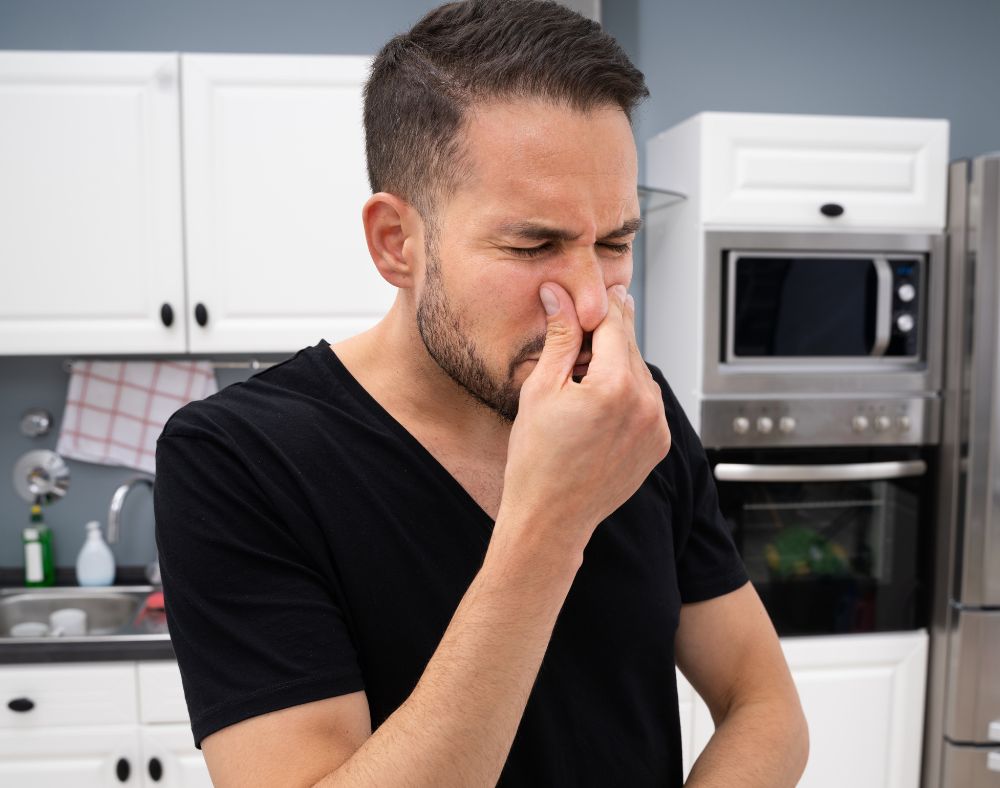
Examine the Frequent Sources of Bad Drain Odours in Wollongong Homes
1. Build-Up of Organic Debris in Your Drainpipes
Over time, food scraps, soap, grease, and hair tend to accumulate within the drain system. This organic matter ultimately decomposes, creating a suitable environment for bacteria to flourish, which in turn generates unpleasant odours reminiscent of sulphur or musty scents. By establishing consistent maintenance and cleaning routines for your drains, you can significantly diminish these organic accumulations and the associated foul smells, thereby fostering a fresher and healthier living environment.
2. Problems with the Water Trap (P-Trap or S-Trap)
The drain trap is a crucial element of your plumbing system, designed specifically to hold a small amount of water that acts as a barrier against harmful sewer gases infiltrating your home. Should the trap dry out—often due to infrequent usage—or if it has been improperly installed, harmful gases may escape into your living space, leading to foul odours. It is essential to ensure that the trap remains filled with water to preserve a healthy and odour-free living environment, thus preventing any potential health risks.
3. Blockages in Vent Pipes
Plumbing vents play a vital role in regulating pressure and safely directing sewer gases out of your home via the roof. When these vents become blocked by debris, birds’ nests, or corrosion, gases may be forced back down into your drains, contributing to unpleasant odours. Regular inspections of vent pipes are essential to ensure they remain clear and functional, thereby maintaining a fresh-smelling home.
4. Deterioration of Your Plumbing Pipes
Older plumbing systems, especially in certain suburbs of Wollongong, may feature cracked or damaged pipes that can leak gases or allow debris to gather in pockets, leading to stagnant water and unpleasant odours. If you suspect that your pipes may be compromised, it is vital to seek a professional inspection to avert further plumbing complications and ensure a healthy home environment.
5. Improper Installation of Household Appliances
DIY installations of appliances such as washing machines or dishwashers can often lead to problems, including the absence of suitable traps or misconfigured connections. Such oversights can allow foul odours to infiltrate your living space. If you have recently installed an appliance, it is crucial to verify that it has been set up correctly to prevent unpleasant smells, thereby ensuring optimal functionality and hygiene.
Practical DIY Methods to Remove Unpleasant Odours from Your Drains
Thoroughly Flush Your Drain
To effectively address unpleasant odours, pour a generous amount of boiling water followed by a mixture of vinegar and bicarbonate soda down the affected drain. Allow the mixture to fizz and work for approximately 10 to 15 minutes before flushing the drain again with hot water. This method aids in breaking down any organic materials and effectively removing the unpleasant odours that may linger.
Inspect and Clean the Drain Trap
Whenever feasible, remove and thoroughly clean the U-bend trap located beneath your sinks. Ensure you wear gloves and prepare for potentially unpleasant odours, as it may be blocked with hair, sludge, or grease. Regular cleaning of the trap will guarantee that it functions efficiently and help prevent future odours from developing, contributing to a fresher home environment.
Restore Water Levels in the Trap
If a drain hasn’t been used for an extended period, such as in a guest bathroom or floor waste, simply pouring a few cups of water into it can help restore the water seal. This action prevents sewer gases from infiltrating your home and keeps your environment free from unpleasant smells, ensuring better indoor air quality.
Enhance Ventilation in the Area
To assist in dispersing any lingering gases until the issue is resolved, utilise fans or open windows for proper ventilation. It is advisable to avoid using chemical cleaners, as these may cause further corrosion of your pipes. Employing natural ventilation methods will aid in maintaining healthier indoor air quality while effectively addressing the odour issue, promoting a more pleasant living environment.
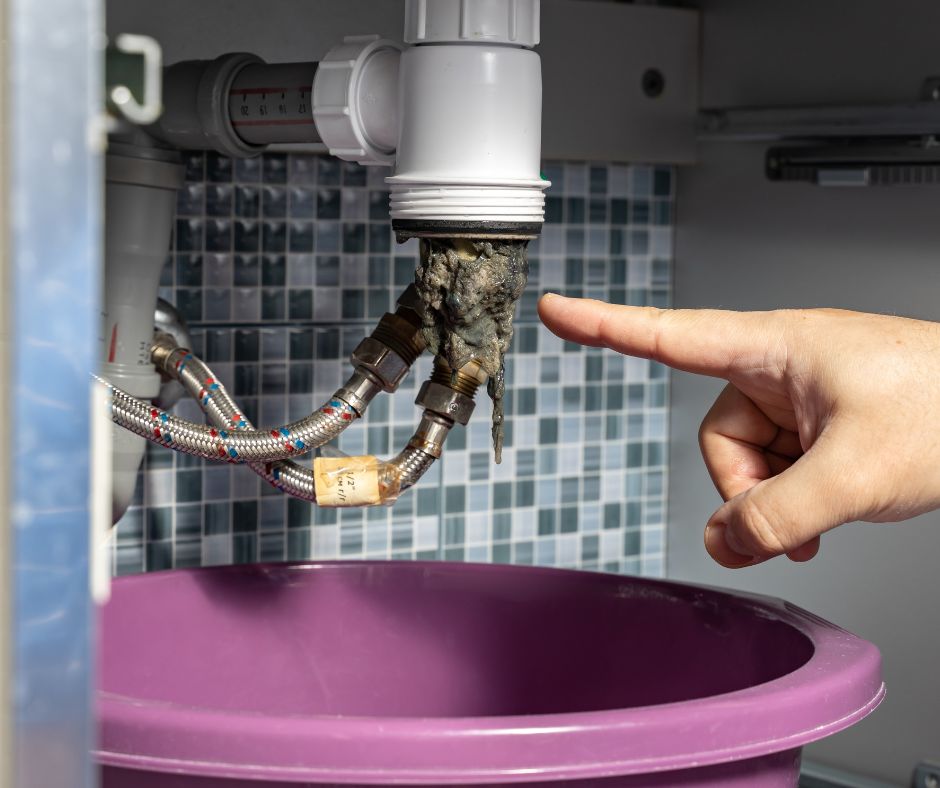
When to Seek Assistance from a Licensed Plumbing Professional
If unpleasant odours persist despite your cleaning efforts, or if multiple drains throughout your home are affected, it is crucial to reach out to a professional. Ongoing foul smells may indicate serious issues such as:
- A blocked main drain line that requires immediate attention
- A breach in sewer pipework which could lead to significant damage
- A faulty or collapsed P-trap that necessitates replacement
- A ventilation problem located within walls or ceiling cavities
A licensed plumber will employ advanced inspection techniques, such as inspection cameras or smoke testing, to accurately identify the root cause of your plumbing issues. For homes affected by salt air or ageing pipework, we highly recommend scheduling a comprehensive drain inspection or considering a pipe relining service to effectively address any potential issues.
In urgent scenarios, particularly if sewage smells are present in living areas, our emergency plumbing service is available 24/7 throughout the Illawarra region, ensuring you receive prompt and professional assistance when you need it most.
Proactive Measures to Prevent Future Drain Odours from Occurring
- Avoid pouring grease or oils down the kitchen sink
- Regularly clean drain strainers on a weekly basis
- Monthly, run boiling water down your bathroom and laundry drains to maintain cleanliness
- Seasonally flush drains that are used less frequently to ensure trap water seals remain effective
- Schedule an annual plumbing check-up with a reliable local provider to catch potential issues early
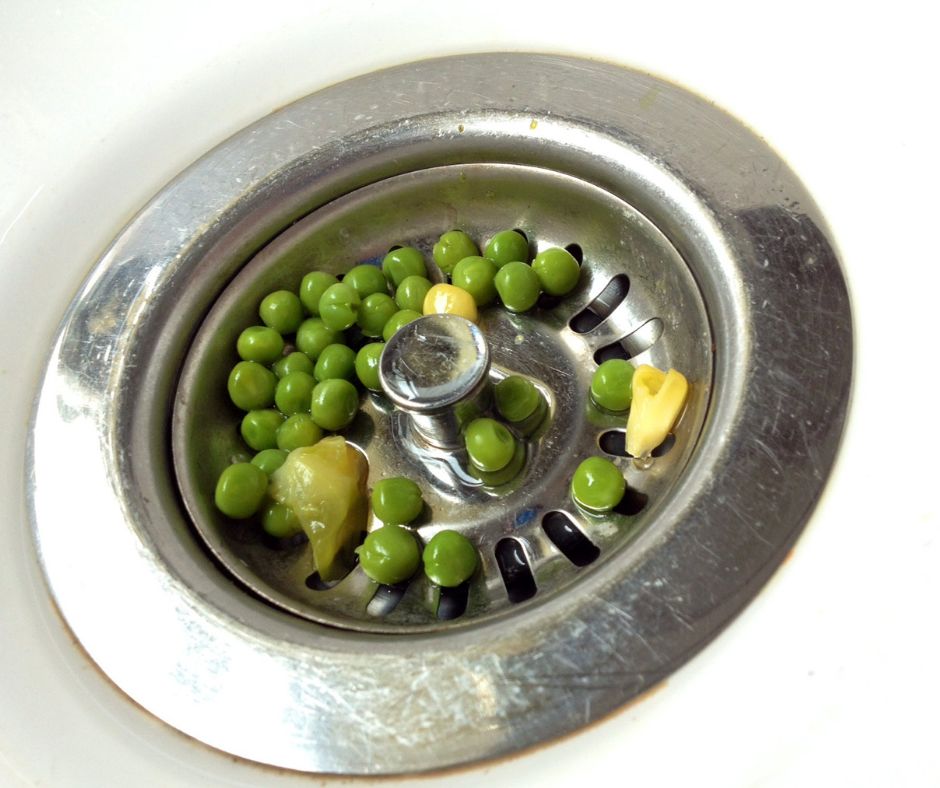
Essential Guidance for Homeowners in Wollongong Concerning Drain Odours
The presence of unpleasant drain smells is not merely an inconvenience; they can signify trapped waste, absent seals, or potentially serious leaks and ventilation issues that could escalate into significant health or structural problems. In Wollongong, where there is a mix of new estates and older homes, these odours often stem from simple build-ups but may also indicate deeper faults lurking behind walls or beneath concrete surfaces.
It is vital not to simply mask the odour with temporary solutions. Instead, focus on diagnosing the root cause of the problem and addressing it effectively at the source. If your DIY efforts do not yield satisfactory results, trust the expertise of a certified plumber, such as our team at CS Plumbing Services, who understands the unique characteristics of your home and how to maintain its safety and functionality.
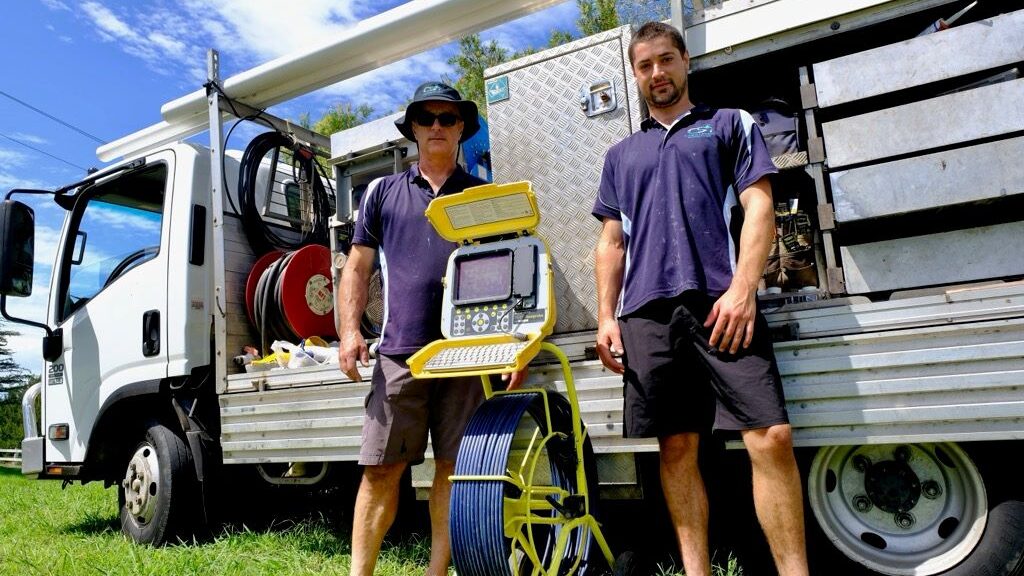
The Article: Drain Smells: Permanent Solutions to Eliminate Odours first appeared on https://writebuff.com
The Article Drain Smells: Effective Ways to Eliminate Odours Permanently Was Found On https://limitsofstrategy.com
The Article Drain Smells: Permanent Solutions to Eliminate Odours found first on https://electroquench.com
